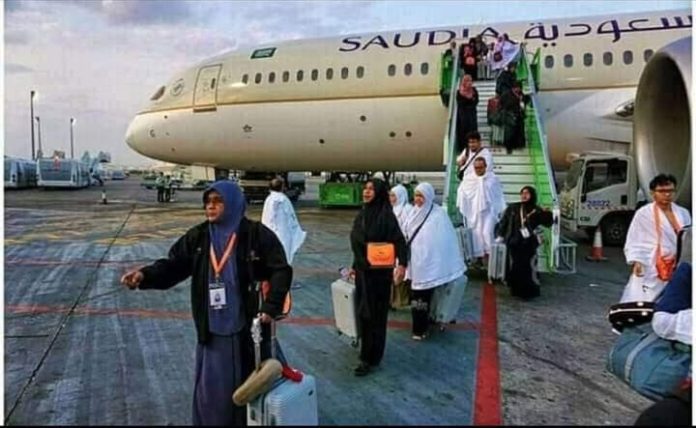Kenyans working in Saudi Arabia are set for a major shift in their employment conditions starting February 2026 as part of the Kingdom’s ongoing labour reforms following changes to the Kafala system.
According to an update issued by the Kenyan Embassy, all workers will earn a minimum salary of SAR 1, 000 (Sh34, 455) per month beginning February 2026.
“The Embassy wishes to infSh34,455orm all Kenyan workers that, effective February 2026, the Government of Saudi Arabia will implement a minimum salary of SAR 1,000 per month for all workers,” read part of the statement from the Embassy in Riyadh.
The Embassy directed workers to confirm implementation of the new minimum salaries with their respective employers and raise any issues promptly to ensure compliance and safeguard their rights under the updated labour regulations.
Previously, Saudi Arabia’s minimum wage largely depended on the worker’s nationality, with Saudi nationals in the private sector enjoying a minimum wage of SAR 4,000 (around Sh137,822) and SAR 3,000 (Sh103,366) for those in the public sector.
However, for foreign workers, there was no official minimum wage previously. These latest reforms aim to improve working conditions, increase fairness, and give workers more protection.
New York Times: How Ruto’s family, allies make profits from sending Kenyans to Saudi
Saudi Arabia is one of the top destinations for Kenyan workers looking for jobs abroad.
According to Kenya’s Ambassador to the Kingdom of Saudi Arabia Mohammed Ramadhan Ruwange, the Kingdom is home to more than 200,000 Kenyans working across different sectors, including domestic work, healthcare, construction, hospitality, logistics and retail.
However, some of these workers have reported ill-treatment and abuse by employers, with some dying under mysterious circumstances.
Foreign Affairs CS Musalia Mudavadi recently revealed that more than 500 Kenyans have been rescued and safely repatriated since 2022 after facing inhumane treatment in their host countries.
“The government has to date rescued and repatriated more than 500 victims since 2022,” Mudavadi said.
“Relevant government agencies have investigated and delisted close to 600 rogue foreign job agencies. This is not enough, and discussions are ongoing for a proposal to publicly list agencies that exploit the vulnerability of our people.”









